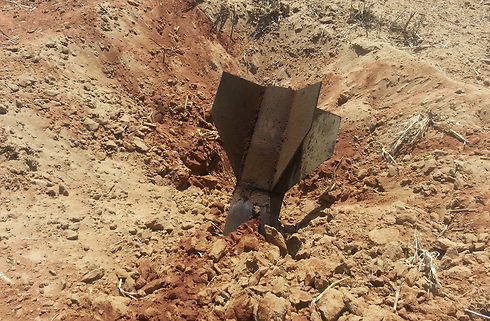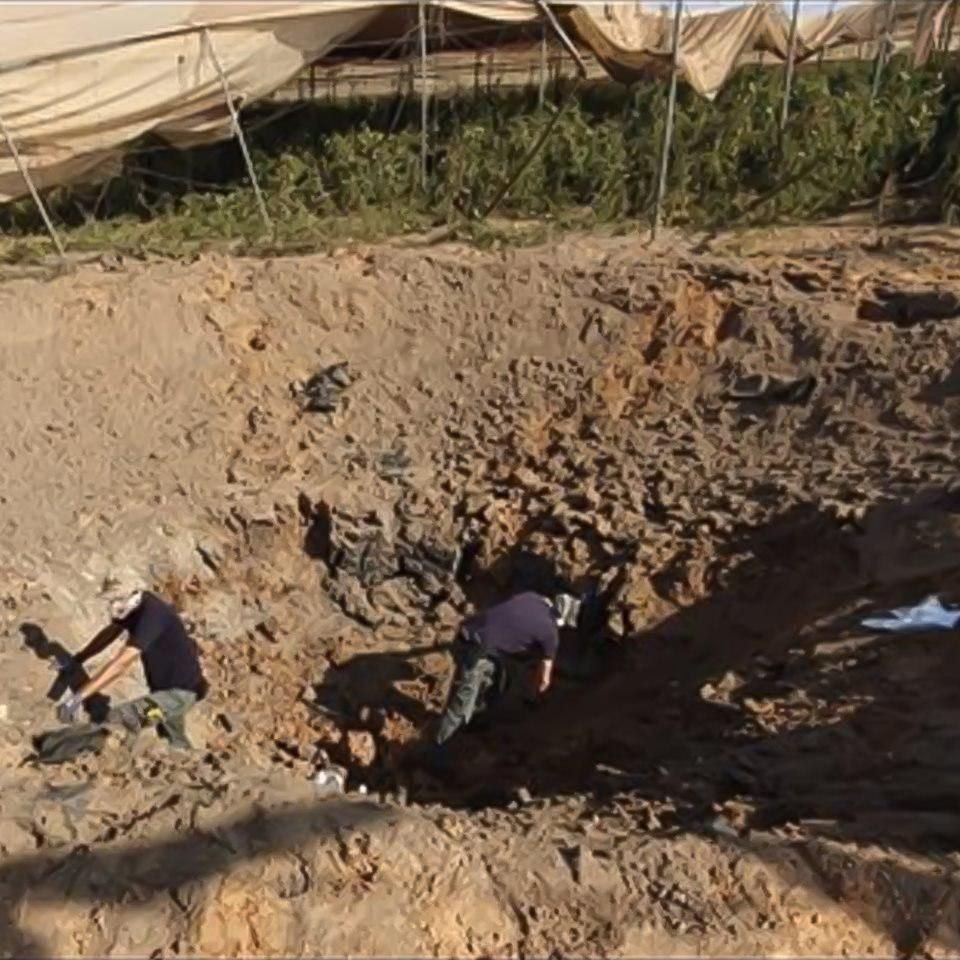He is similarly fuzzy on Palestinian Arab motivation. He states, “Most of the [Palestinian Arab] volunteers were villagers and of the urban lower class, and…the economic motive played a central role in volunteering,” noting that these “motives…differed from [that of] their Jewish friends, who enlisted in the army mainly because of opposition to Nazi Germany and its racial policy toward their people, besides other motives such as the revival of a Jewish army, and the serious employment situation in the country at the beginning of the war.”
Compensation as the prevailing motivation for Palestinian Arab enlistment is supported by the evidence, but Abbasi claims their motives were in fact manifold and varied. Some Palestinian Arabs, he states, enlisted for ideological reasons, to express their opposition to Nazi ideology and loyalty to the British and their values. This motive was especially true of the urban elite and the intellectuals, he alleges, who were highly influenced by British education and culture. He does not substantiate this point sufficiently and ignores available evidence documenting contemporary Palestinian contempt for the British Army (see, for example, Prof. Kimberly Katz’s A Young Palestinian’s Diary 1941-1945, The Life of Sami Amr).
Abbasi laments that “there is hardly any reference to the thousands of Palestinian volunteers, some of whom fell in battle, while others are still listed as missing in action, and no commemoration of the fallen can be found anywhere.” He suggests this “evil” is explained by “what the Palestinian people experienced during the Nakba and its aftermath, the destruction of archives and records in addition to the loss of personal documents, and the fact that no organization was established to commemorate the volunteers and their deeds.” He thus accuses Israel of covering up the Palestinian Arab role in defeating the Nazis.
It should be noted that Abbasi persistently uses the term “Palestinians” rather than “Palestinian Arabs” in his article, starting with the title. This manipulation services the popular narrative denying any linkage between the Jewish People and Palestine. In her book World War II – The Story of a Jewish Soldier, Jewish Women of Mandatory Palestine Serving in the British Army, Esther Herlitz (later an Israeli diplomat and politician who served as a member of the Knesset) wrote, “As far as the British were concerned, we from the Jewish Yishuv, and some Arabs, were Palestinians.”
Academic research needs to be cautious and precise, particularly when the audience is not in a position to either challenge or verify its conclusions. Abbasi’s contribution to the study of the Israeli-Palestinian conflict, which is one of the most contentious topics in the world, is an attempt to implant a “corrective” history and characterize the Palestinian Arabs as “good guys” who fought the Nazis rather than allying with Hitler.
The actual contribution, according to facts and evidence, of Palestinian Arab volunteers during WWII was marginal. In the early war years, the Axis countries appeared to be on the road to victory and a Nazi victory was perceived by many Arab leaders as an opportunity to achieve their aspirations—and none more so than the Mufti. In his prolonged and extensive interaction with the Nazi leadership, from its rise to power in 1933 to its downfall in 1945, he demanded not Palestinian-Arab independence but the creation of a vast Arab state, or rather empire, presumably headed by himself.
(full article online)
Palestinian Arab Volunteers in the British Army in WWII: A Reality Checkcourtesy of Lockheed Martin.




